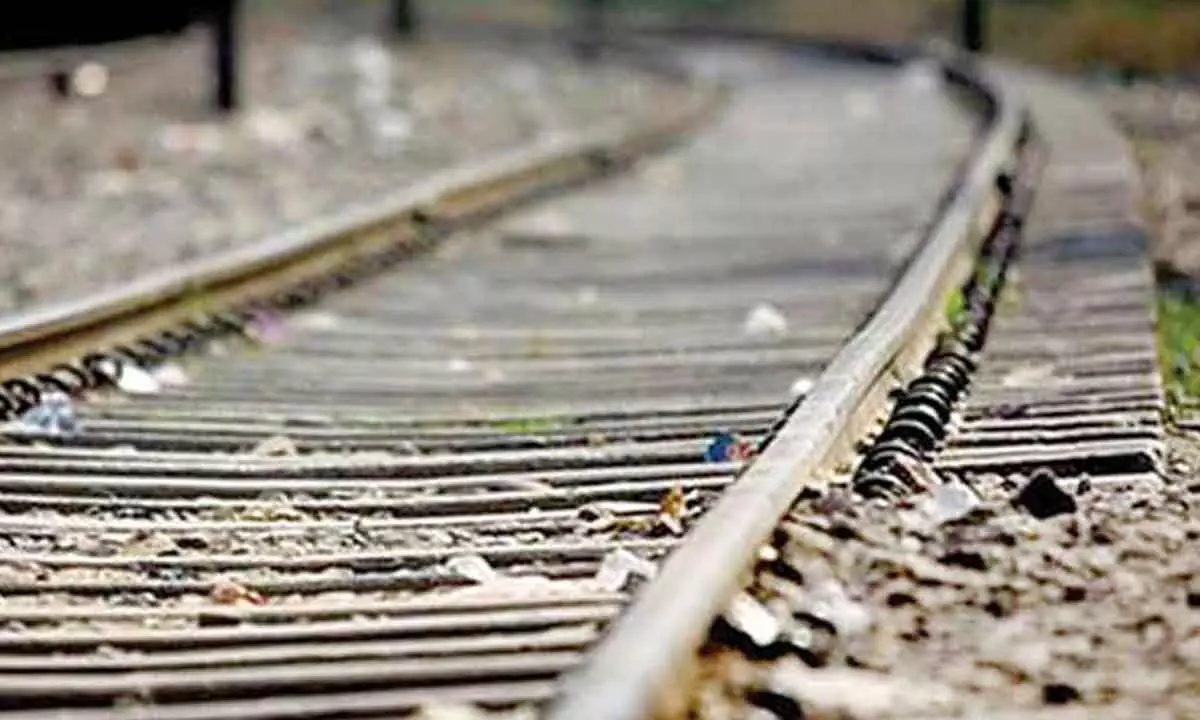The Cabinet Committee on Economic Affairs (CCEA), under the leadership of Prime Minister Narendra Modi, has approved the launch of three critical rail projects worth Rs 7,927 crore. The approved projects include the construction of the Jalgaon-Manmad fourth line (160 km), the Bhusawal-Khandwa third and fourth lines (131 km), and the Prayagraj (Iradatganj)-Manikpur third line (84 km).
These projects are set to transform the railway connectivity in Maharashtra, Madhya Pradesh, and Uttar Pradesh, significantly alleviating congestion on some of the busiest rail routes. As part of the government’s broader vision for infrastructure development, these initiatives will enhance the efficiency of the rail network, easing operations and improving travel times along crucial routes, such as those connecting Mumbai and Prayagraj. The projects are aligned with the government’s flagship PM-Gati Shakti National Master Plan, which focuses on integrated, multi-modal connectivity across the country. Aimed at driving local economic growth and promoting regional development, the plan will help improve accessibility, foster job creation, and boost self-employment opportunities. With a combined span of 639 kilometers, these rail lines will stretch across seven districts in Maharashtra, Madhya Pradesh, and Uttar Pradesh, impacting millions of people.
The expansion of railway networks will particularly benefit approximately 1,319 villages, impacting around 38 lakh people, with enhanced travel links to major cities. Notably, these new lines will improve travel along the Mumbai-Prayagraj-Varanasi corridor, which is expected to promote religious tourism, including pilgrimages to prominent sites like Trimbakeshwar, Omkareshwar, Kashi Vishwanath, Prayagraj, Gaya, and Shirdi. These infrastructure projects are not just expected to boost passenger travel but will also support freight services, making the rail network a key player in India’s logistics and supply chain. With a shift to more sustainable rail transport, the environmental impact is significant—estimates suggest that these developments will lead to a reduction of 271 crore kg of CO2 emissions, equivalent to planting 11 crore trees.
Additionally, the projects will contribute to India’s tourism sector, improving access to UNESCO World Heritage sites such as Khajuraho, the Ajanta and Ellora Caves, and other cultural landmarks, including Devgiri Fort and Yawal Wildlife Sanctuary. The government’s focus on enhancing rail infrastructure in these regions underscores the commitment to sustainable economic growth, reducing the carbon footprint, and making India’s transportation network greener and more efficient for future generations.



